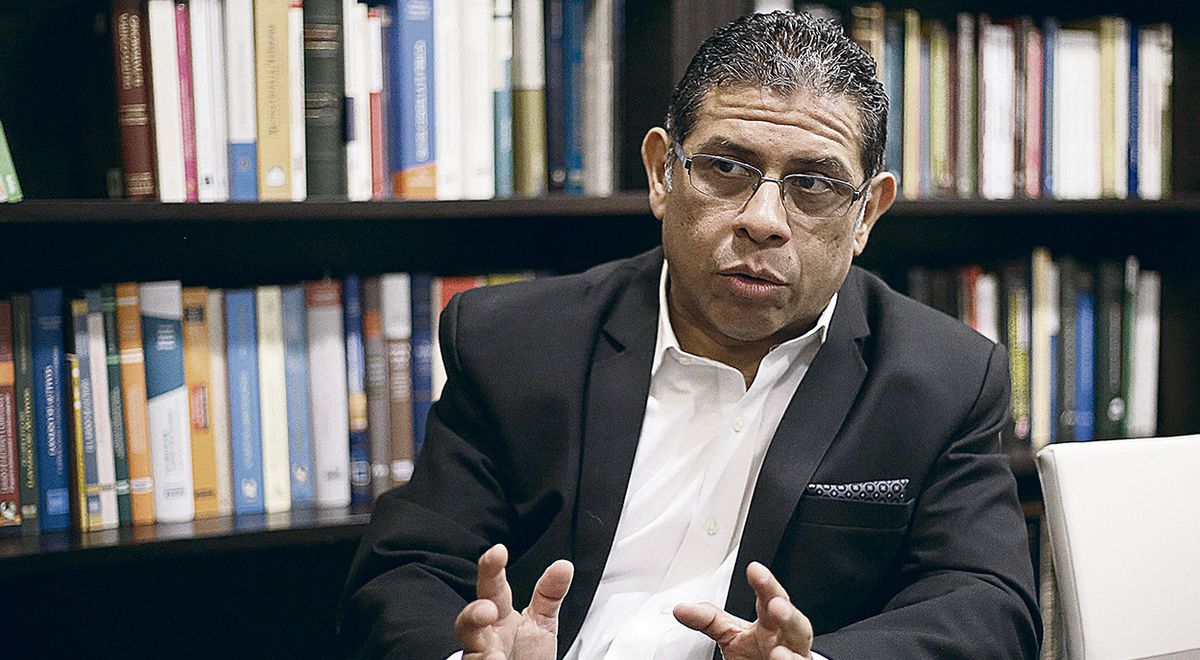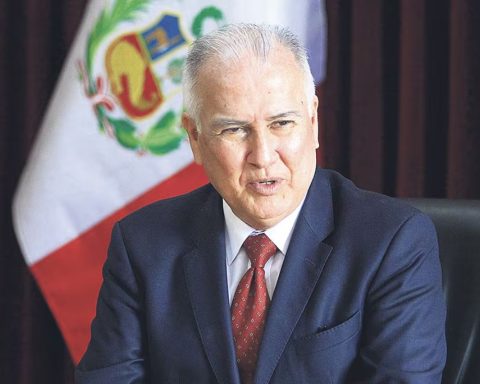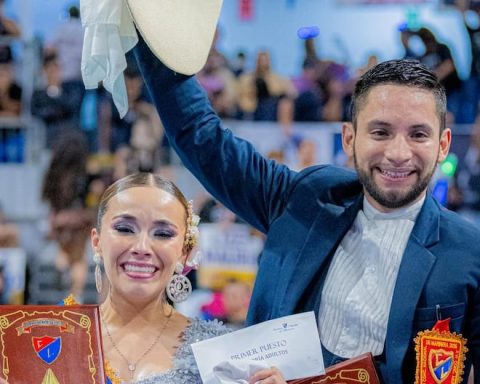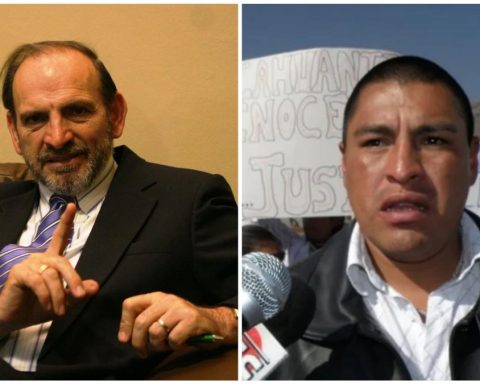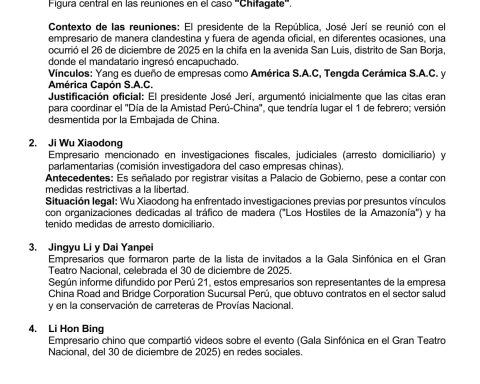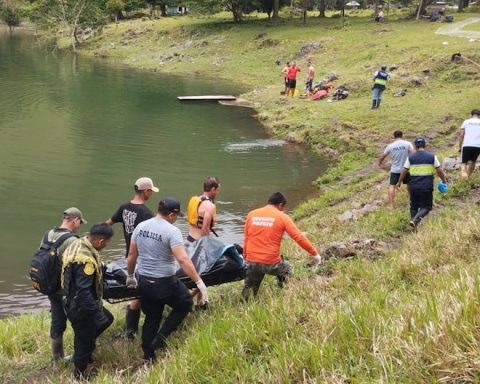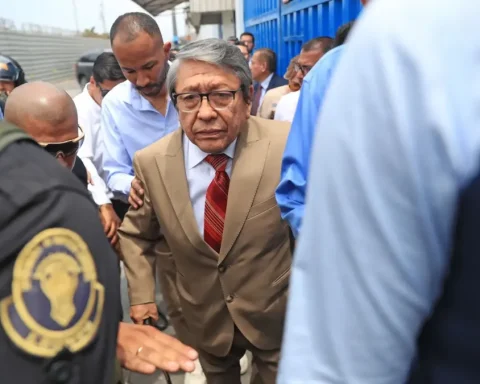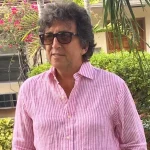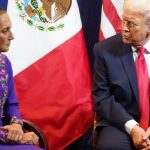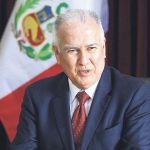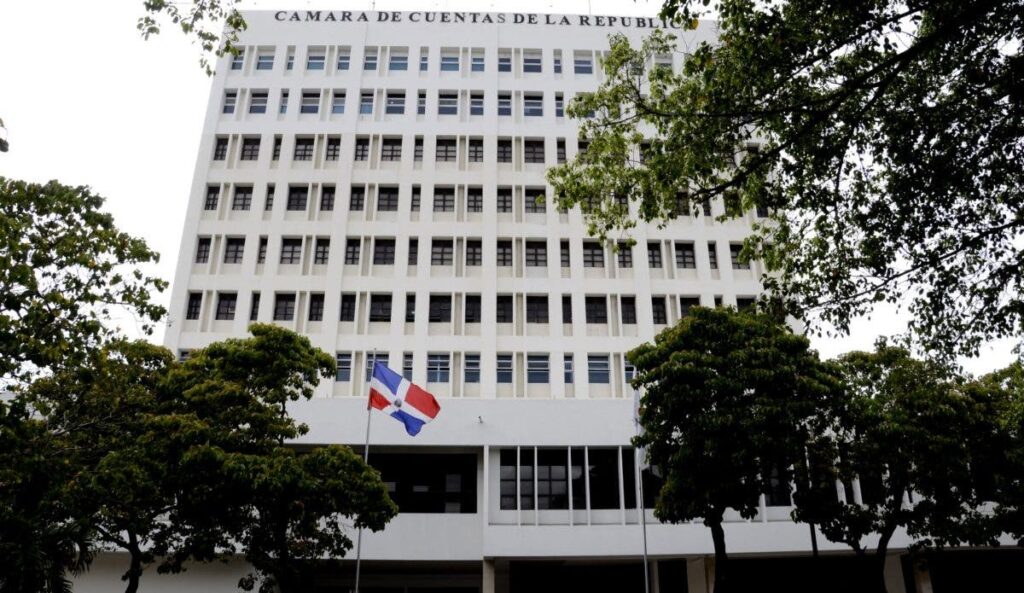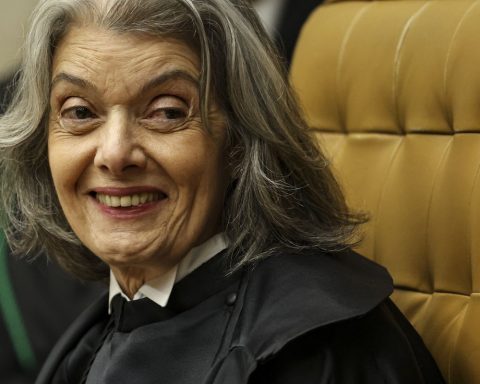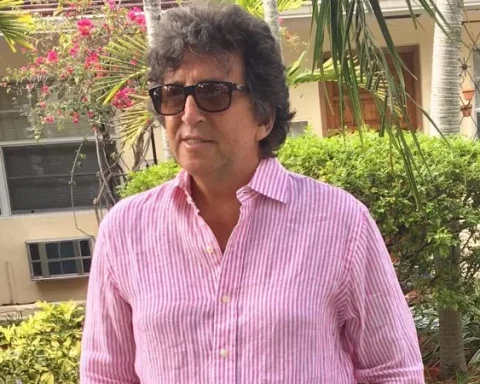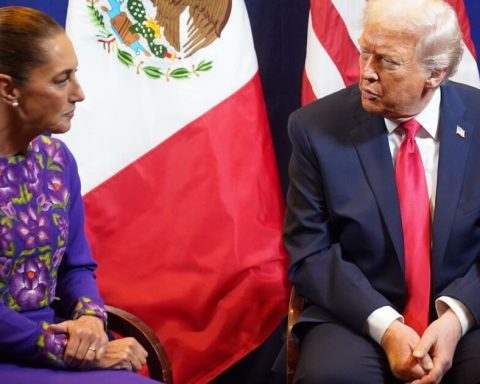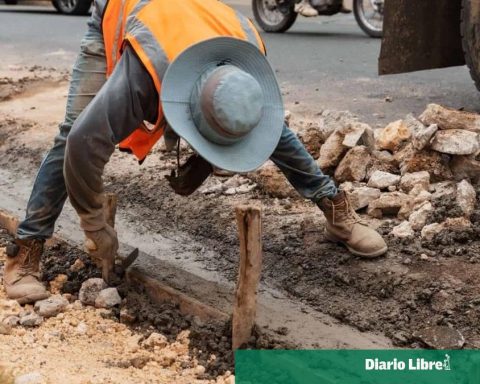the former attorney Cesar Azabache In the following interview, he explores the alternative that seems to him the most appropriate to get out of the political crisis: the judicial suspension of President Pedro Castillo for interference in the investigations that follow him and, hence, the subsequent call for general elections.
He has raised the suspension of President Pedro Castillo.
Judicial suspension.
And doesn’t that imply that Pedro Castillo leaves and the rest stay?
Eh no. That implies recognizing that Congress, in all this time, has done nothing at all to give legal channel to this crisis that I consider terminal. In institutional terms, the final exit supposes the general advance of elections: Executive and Congress.
YOU CAN SEE: Dimitri Senmache is the fourth minister to be censored in less than a year
Then?
So the question has to do with breaking the entrapment of which Congress is a party because it has not generated the institutional space to overcome the political crisis. There has been no reform in the constitutional protection clauses of the president, I am referring to the debate on article 117. The impossibility of Congress to promote a constitutional solution has caused the Prosecutor’s Office to assume the weight, claiming powers that the system does not I recognized him, like investigating the President of the Republic. That’s the map: the Congress did nothing and the Prosecutor’s Office opened a space.
Okay, but promoting Castillo’s suspension seems to suggest that the solution is for him alone to leave.
No, not really. What the suspension says is that the balanced path of an investigation be followed. This opens a process that does not have the lightness of the vacancy procedure. The suspension is not overnight and does not depend only on the votes of parliamentarians. Supposes that the Prosecutor’s Office specifies the evidence that proves that Castillo is a factor of interferencethat he present it before a court, that the preparatory investigation judge suspend the President of the Republic in a decision that can be appealed…
It’s a long-term thing.
And that would make it possible to open a space in which Congress will have to be obliged to do what it has not done so far: take seriously that the constitutional solution implies approving a reform that allows early elections.
YOU CAN SEE: They demand that Congress abide by a ruling that cautiously chooses the defender
Why would Congress do that if it hasn’t acknowledged receipt so far? With a Judicially Suspended Castle, I could say: “alright, well, that’s it, we’ll stay”.
It seems to me that this scheme of “already, well, that’s it, we take over” works with the vacancy.
There I disagree. The vacancy is a political decision of the Congress and it would have to assume the consequences of adopting it. The people would not easily accept Castillo being removed and them remaining in their posts. The suspension, meanwhile, could give them the argument that they had nothing to do with the outcome.
I am the one who disagrees now. There are two variables to consider: time and process balance. The vacancy in Congress is a kind of symbolic ideal, it is a short-term process that seems to be possible because Peru Libre would break with Castillo. The issue is that there is no room for the community to demand an institutional balance from Congress. The suspension does offer that space, because it is somewhat longer.
Former attorney César Azabache plans the judicial suspension for Pedro Castillo. Photo: Presidency
How long could the suspension process take?
Since the Prosecutor’s Office declares that it has evidence that Castillo is a factor of interference in his investigationfrom then on the hearing could be in two weeks and the second instance hearing in another month.
YOU CAN SEE: Oversight Commission approved report that recommends constitutionally charging Pedro Castillo
And you tell me that, if this suspension proceeds, Congress will assume that it has to call general elections?
No, I believe that, if this suspension proceeds, citizens will have to mobilize and claim a Parliament that is deaf. You will have to make your voice heard, engage in politics. The point is that Congress has an option that is not as abrupt as vacancy, not as capricious as symbolically replacing the memory of lama merinowhich is what seems to weigh on this insistence on the vacancy since the government was installed.
Not giving Congress too much benefit of the doubt?
No, I’m giving it to the citizenry. People need space to claim a way out of the crisis and the vacancy – November 2020 demonstrated it – does not offer it.
Do you agree that Castillo violated the Constitution by not receiving the Oversight Commission?
Yes, of course, but it is the latest of several violations of the Constitution. Sarratea is one, as long as it is understood that one of the duties of the presidency is the prevention and transparency of international treaties to fight corruption. Silva’s permanence is another. The escape of Silva, Pacheco and his nephew are others. But if he Congress has not been able to open a space to discuss these infractions, the Public Ministry has been able to claim its right to investigate the president. And the automatic consequence of that is that the Prosecutor’s Office is recognized as having the right to protect the investigation from interference. That’s the route to suspension.
How could it be proven that the president interferes in the investigations?
This is the case of the escape of Silva, Pacheco and his nephew.
President Pedro Castillo is being investigated for the alleged crimes of criminal organization, influence peddling and aggravated collusion. Photo: composition Jazmin Ceras/La República
How can it be proven that those escapes were allowed by Castillo?
The Public Ministry has already made it clear that it requested video surveillance of John Silva on time. Later, Silva appeared asking for the receipt to be lifted.
YOU CAN SEE: RMP on Vladimir Cerrón and Pedro Castillo: “The goalkeeper fired the president”
Do you think Castillo warned Silva?
What I believe is that it is necessary to prove who communicated with whom based on the request of the Prosecutor’s Office, what decisions were made, who met and when.
For that reason, but I understand that to prove the interference in that chain of decisions it is necessary…
Of course, in that agenda of meetings, in those communications, it would have to be peter castle. The head of intelligence, the minister of the interior, the chief of police, who did they communicate with in those days? Did the minister not speak with Castillo in those days?
